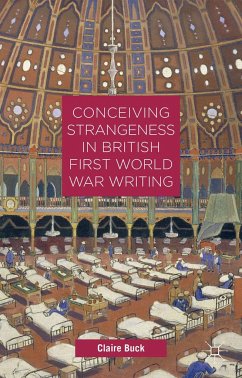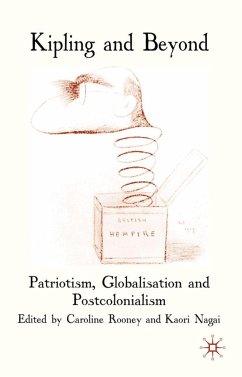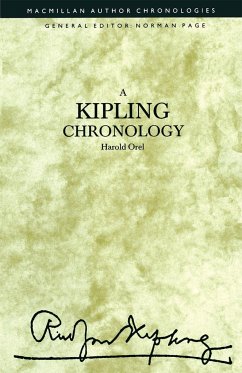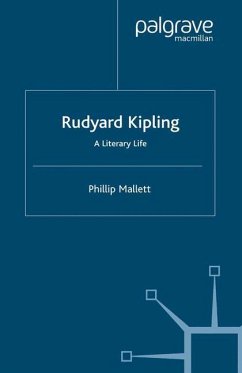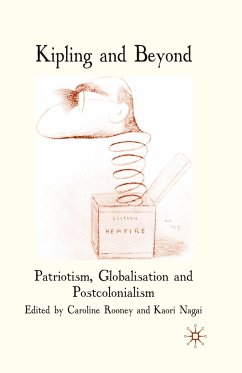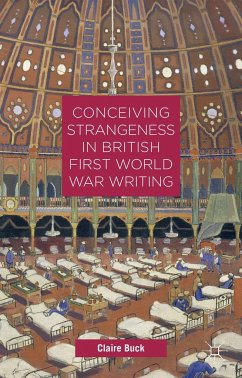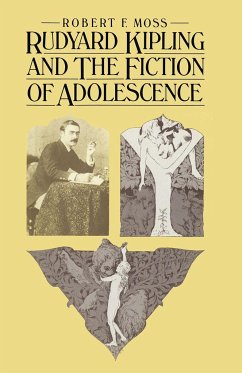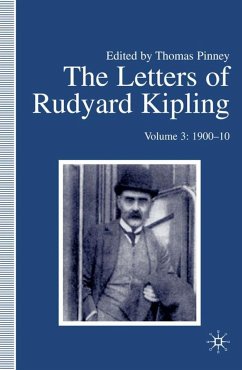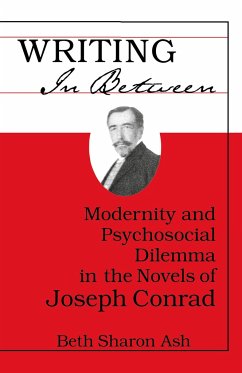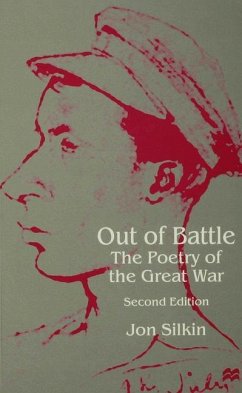
The Man Who Would Be Kipling
The Colonial Fiction and the Frontiers of Exile

PAYBACK Punkte
19 °P sammeln!
This study places Kipling's fiction in its original cultural, intellectual and historical contexts, exploring the impact of India, America, South Africa and Edwardian England on his imperialist narratives. Drawing on manuscripts, journalism and unpublished writings, Hagiioannu uncovers the historical significance and hidden meanings of a broad range of Kipling's stories, extending the discussion from the best-known works to a number of less familiar tales. Through a combination of close textual analysis and lively historical coverage, The Man Who Would Be Kipling suggests that Kipling's politi...
This study places Kipling's fiction in its original cultural, intellectual and historical contexts, exploring the impact of India, America, South Africa and Edwardian England on his imperialist narratives. Drawing on manuscripts, journalism and unpublished writings, Hagiioannu uncovers the historical significance and hidden meanings of a broad range of Kipling's stories, extending the discussion from the best-known works to a number of less familiar tales. Through a combination of close textual analysis and lively historical coverage, The Man Who Would Be Kipling suggests that Kipling's political ideas and narrative modes are more subtly connected with lived experience and issues of cultural environment than critics have formerly recognized.



